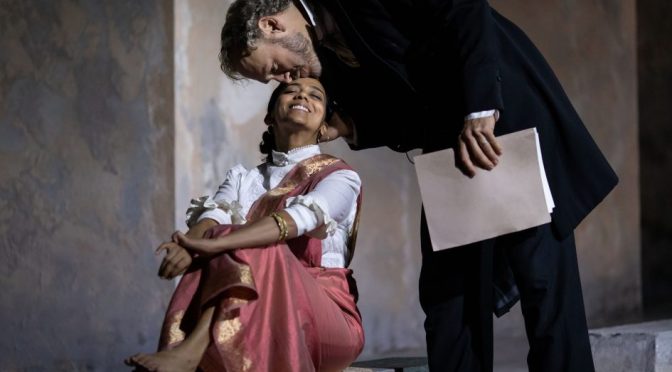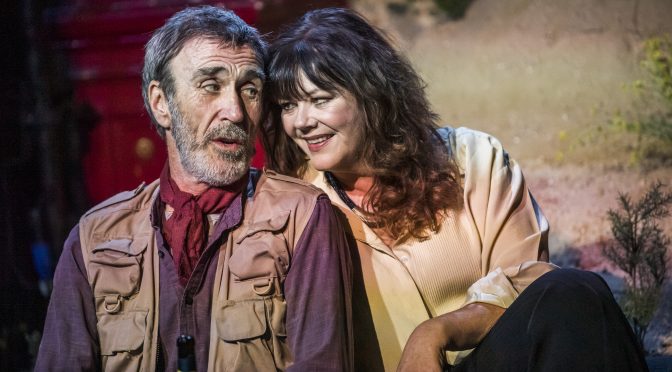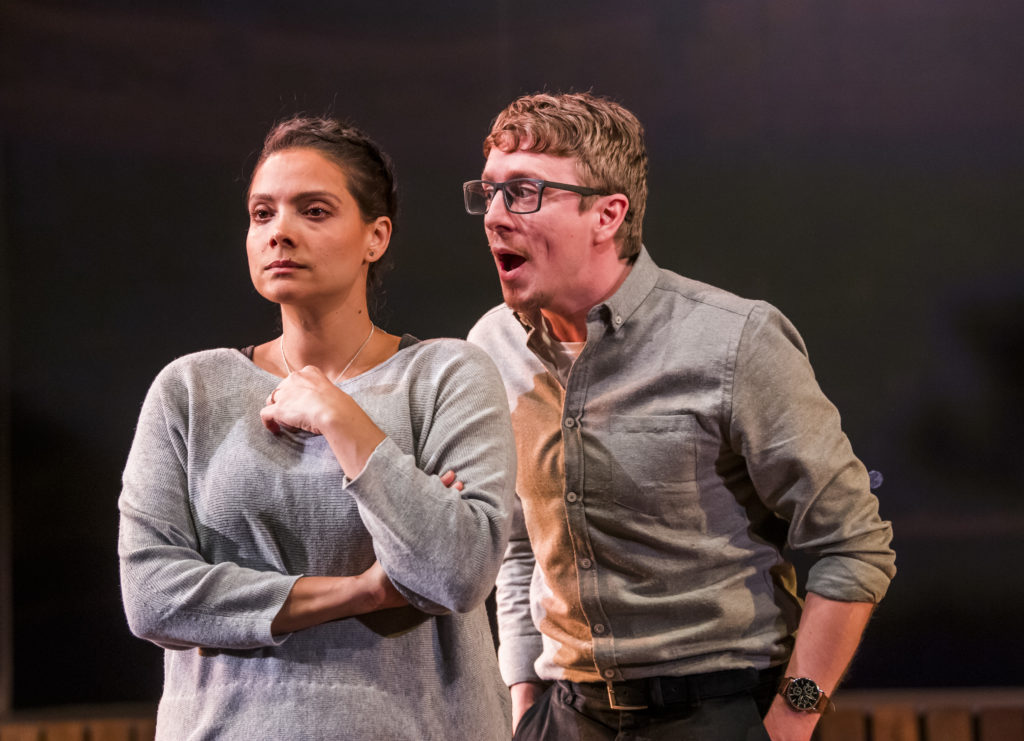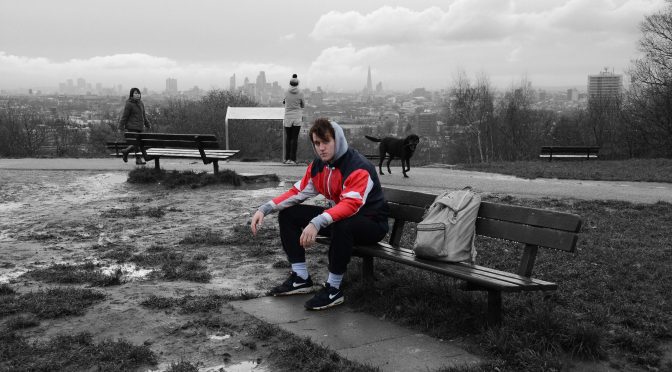Yasmina Reza’s 2008 play was a huge hit in Paris, London, and New York. The story of parents who meet to discuss their sons fighting – and end up at odds themselves – is neat and entertaining. This production, from Nicholai La Barrie, makes it easy to see why the play was such a success.
The show is funny and thought-provoking – two big ticks. The way the adults become “infantile themselves” might not be subtle but it is amusing. Moving from questions of parenting to a battle of the sexes – as neither marriage is happy – ensures tension mounts. Regrettably, the production doesn’t add much to appreciating the piece. The cast are competent, everything runs slickly…but there no surprises.
There’s plenty of closely studied work to enjoy though. Freema Agyeman and Martin Hutson play the parents of the child who has been injured. From “people of good will” to an admission of being only “moderate on the surface”, the performers inject humour if, possibly, a little too much energy. Ariyon Bakare and Dinita Gohil play opposite them, their more financially successful characters are also played for laughs from the start. The result comes too close to flat, especially Alain who, even given that he is a lawyer, we dislike too easily!
If too much is overplayed, especially some unconvincing machismo and onstage drinking (only Gohil really manages here), there can be no doubt about the privilege with a capital P in the play. Each of the performers comes over as entitled in slightly different ways. As the characters start to argue and say that the day is the worst of their lives, there is less and less sympathy for any of them. Some bold moments come with Alain’s claim they are all making too much of boys fighting. La Barrie, and his cast, do well when focusing attention on this aspect of the script.
Despite being only 15 years old, the play hasn’t aged well. It’s possible a stronger sense of place and time might be needed. Lily Arnold’s gorgeous design doesn’t do much to help here (although the revolve is handled exceptionally well by La Barrie). Time has blunted some of Reza’s satirical edge. It’s not just talk about mobile phones and man bags; of course, Alain’s phone calls are supposed to be annoying, but anger about them arrives too quickly.
More seriously, it’s easier nowadays to see the confrontation that is going to arise between all four characters. It’s a shame to say it, but it’s almost hard to believe they wait so long before fighting. With less tension, there is little sense of danger in the production. While Reza’s work is often described as a comedy of manners, there are serious moments. The questions around human nature are clear; is it going too far to entertain the idea of a clash of cultures? The piece could get far darker. With the drama diluted, this God of Carnage ends up too down to earth.
Until 30 September 2023





